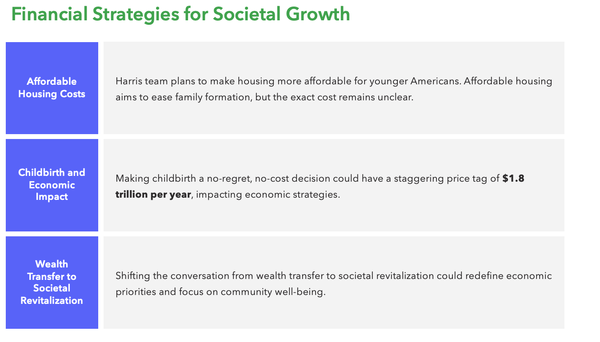Palo Alto - the platform hype
We need to talk about Palo Alto

This is an upcoming article. Our upcoming articles are story ideas we are pursuing, which we may finish or drop if we don’t believe we are adding value.
Our general hypothesis is that Palo Alto, just like Keanu Reaves is over-hyped and overvalued. Just to be clear, hype doesn’t mean they are bad, just not as good as the street believes them to be. We believe the company is worth much less than the $100 billion it has been approaching and will face a secular correction once the market catches up.

Story Highlights:
- Communication Strategy: A Double-Edged Sword While Palo Alto Networks is often lauded for its exemplary communication strategy, which positions it as a leader in cybersecurity, this portrayal may exaggerate its actual market standing. We think the smooth talking Nikesh Arora has done well to create a consistent and attractive market narrative. Despite being seen as an innovator, its valuation could be overestimated, potentially valued at only 40-60% of its current multiples in a less appealing industry with the same financials.
- Platformization: Innovation or Market Manipulation? Palo Alto Networks has transformed industry norms by promoting the concept of platformization—merging various security services into a unified framework. This strategy, though seen as pioneering, could also be interpreted as a maneuver to monopolize its customer base, possibly hindering competition and innovation among smaller, more agile competitors. The company's CEO mentions three different platforms, which seems excessive for a company of its size and adds to the confusion about its actual platform strategy. On closer inspection, it’s also apparent that Palo Alto is not breaking any new grounds, and rather relying on the old strategy of providing bundled discounts to attract and keep customers. We have seen similar efforts before, as has been reported by other commentators. While Palo Alto has done well to invest in quality of its products, ultimately customers will buy the best of breed - Keanu not withstanding.
- Acquisition Strategy: Signs of Desperation? Palo Alto Networks' acquisition of parts of IBM's business (QRADAR) echoes Microsoft's attempted purchase of Yahoo, suggesting a tactic of purchasing growth to conceal inherent weaknesses. This strategy may reveal Palo Alto's struggle to grow organically at the pace of true market leaders, resembling a scenario where second-tier companies buy third-tier ones in an effort to compete with the top tier.
- Future Uncertainties: What Lies Ahead? As Palo Alto Networks pushes forward with its aggressive acquisition and platformization strategies, questions arise about its potential for sustainable growth. The cybersecurity field is rapidly shifting towards cloud infrastructure and AI-driven security solutions. Palo Alto's future success will likely hinge on its ability to seamlessly integrate acquisitions and innovate at the pace required by market demands.
Beneath the surface, we question the solidity of Palo Alto's platform. Platforms have long been sought after for their ability to retain customers. Yet, the truth is that platforms are essentially a revamped strategy of bundling. Customers, particularly in the enterprise sector, despise being locked in and often engage multiple vendors to foster competition. For instance, in the shipping industry, customers might pit FedEx against UPS, and even involve DHL to ensure fair play. In a different industry with comparable financials, Palo Alto's valuation could be significantly lower. We do not believe Palo Alto should be trading at its current multiples in its current state.
Is Fortinet undervalued or Palo Alto overvalued? We believe it’s the latter. Fortinet is appropriately valued at its current growth rates and profiability, whereas Palo Alto is trading as a company with 3x growth and a similar profitability. Market, as it often is, will be late - but we think it will punish Palo Alto Networks for its “too-clever” communication strategy.



